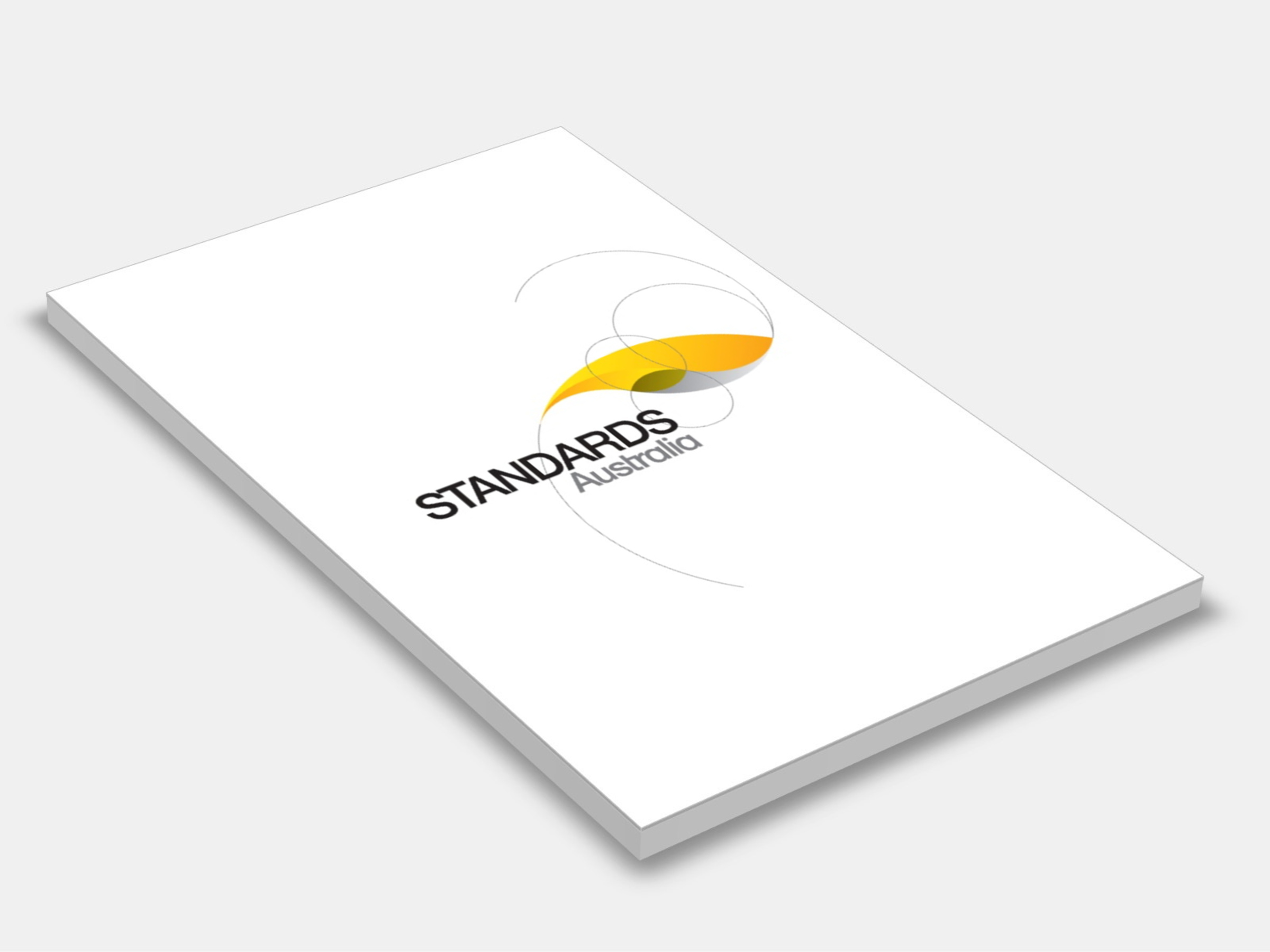
Type
Publisher
Standards Australia/Standards New Zealand
Publisher
Standards Australia/Standards New Zealand
Version:
Fourth Edition 2022.
(Current)
Short Description
Specifies inspection and test methods to demonstrate that low voltage electrical installations comply with safety requirements for the prevention of fire, and to prevent a person or livestock from sustaining an electric shock; covers electrical installations connected to an MEN system of earthing.
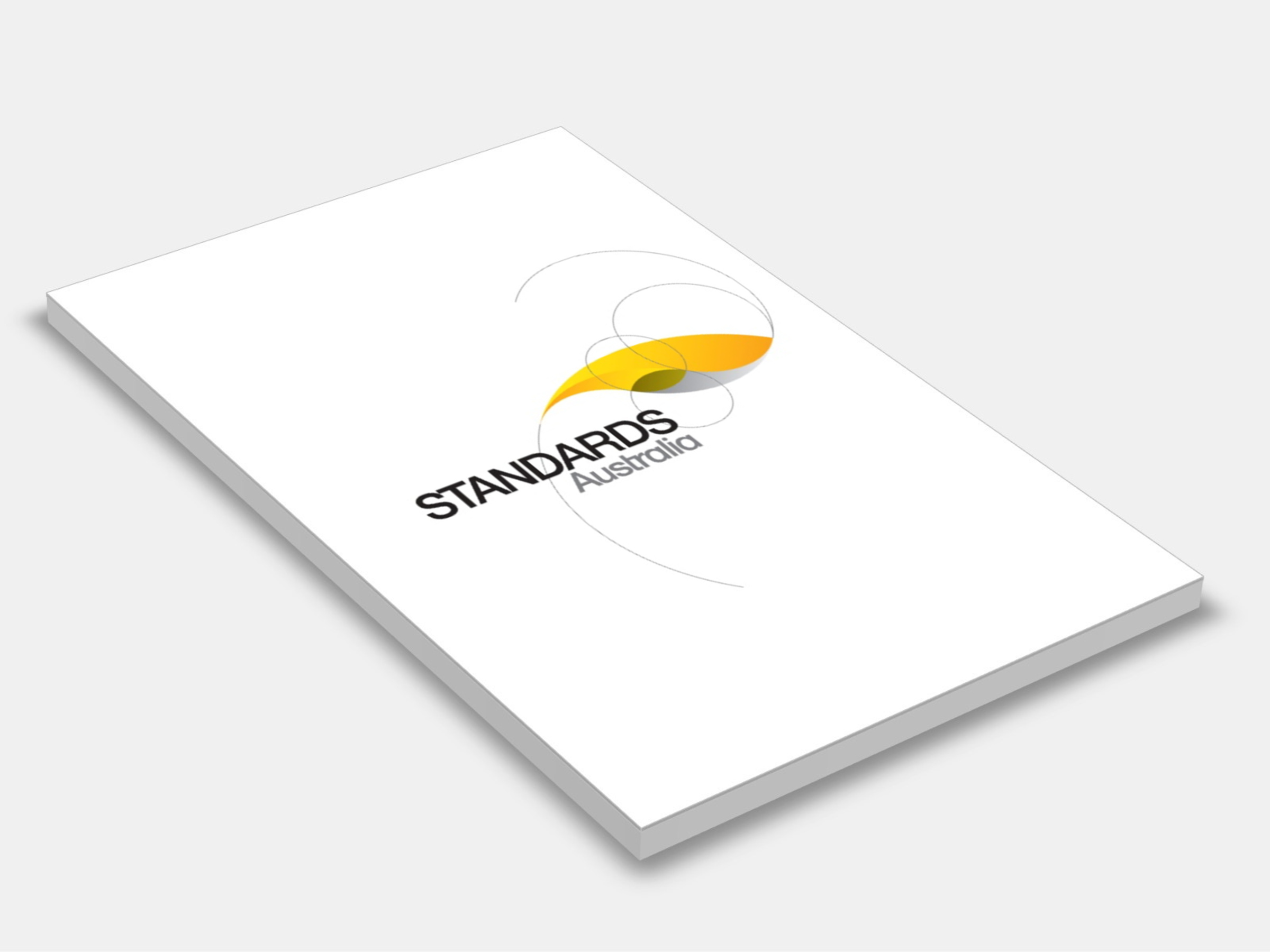
Type
Publisher
Standards Australia/Standards New Zealand
Publisher
Standards Australia/Standards New Zealand
Version:
Second Edition 2017.
(Current)
Short Description
Specifies requirements for minimum safety requirements related to the use of generating sets for the supply of electricity at voltages normally exceeding 50 V a.c. or 120 V d.c.
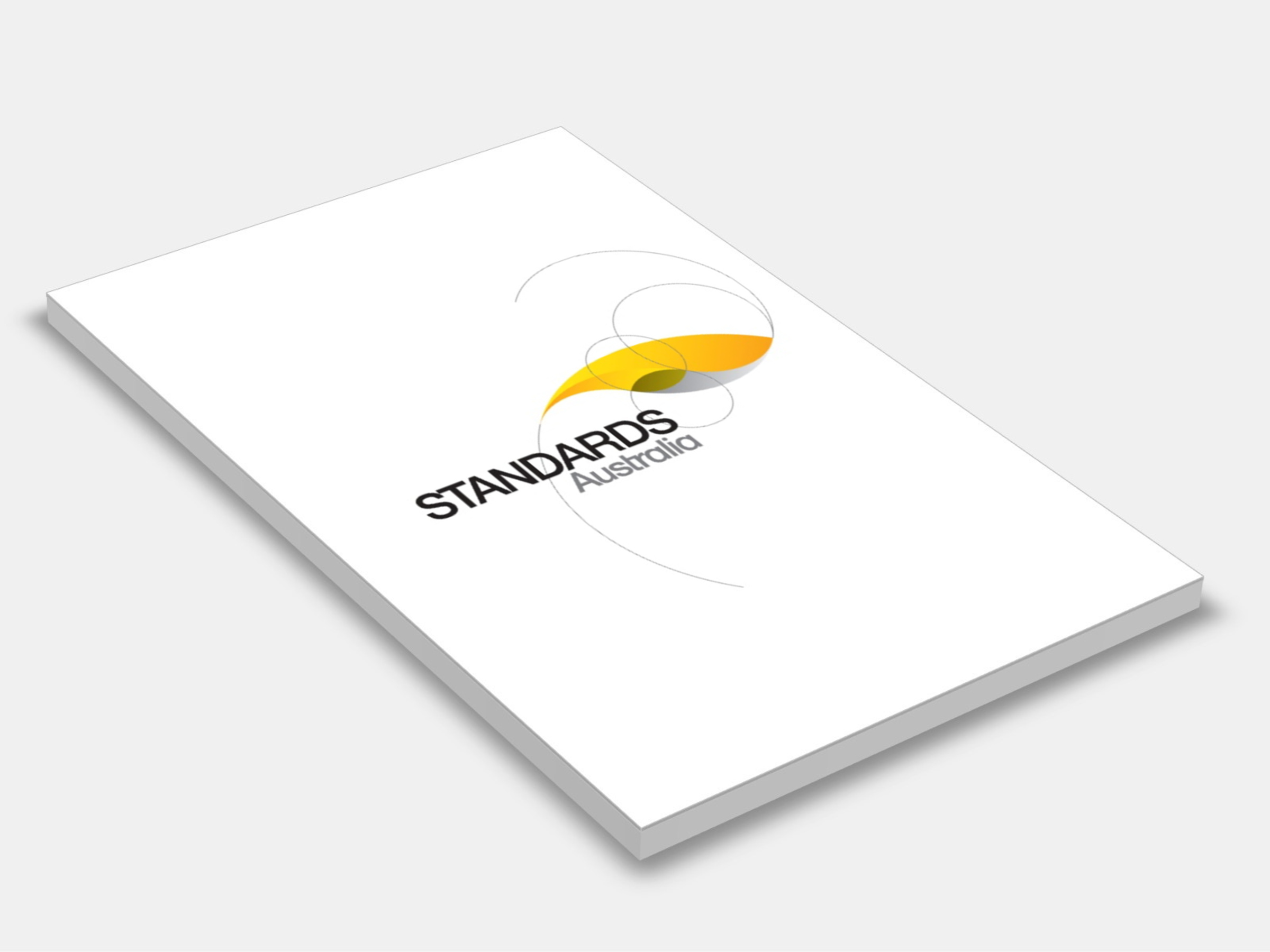
Type
Publisher
Standards Australia/Standards New Zealand
Publisher
Standards Australia/Standards New Zealand
Version:
Second Edition 2009.
(Current)
Short Description
Sets out the minimum requirements for electric lighting systems within publicly accessible areas of buildings to provide visual conditions that facilitate the safe movement of people in the normal use of the building.
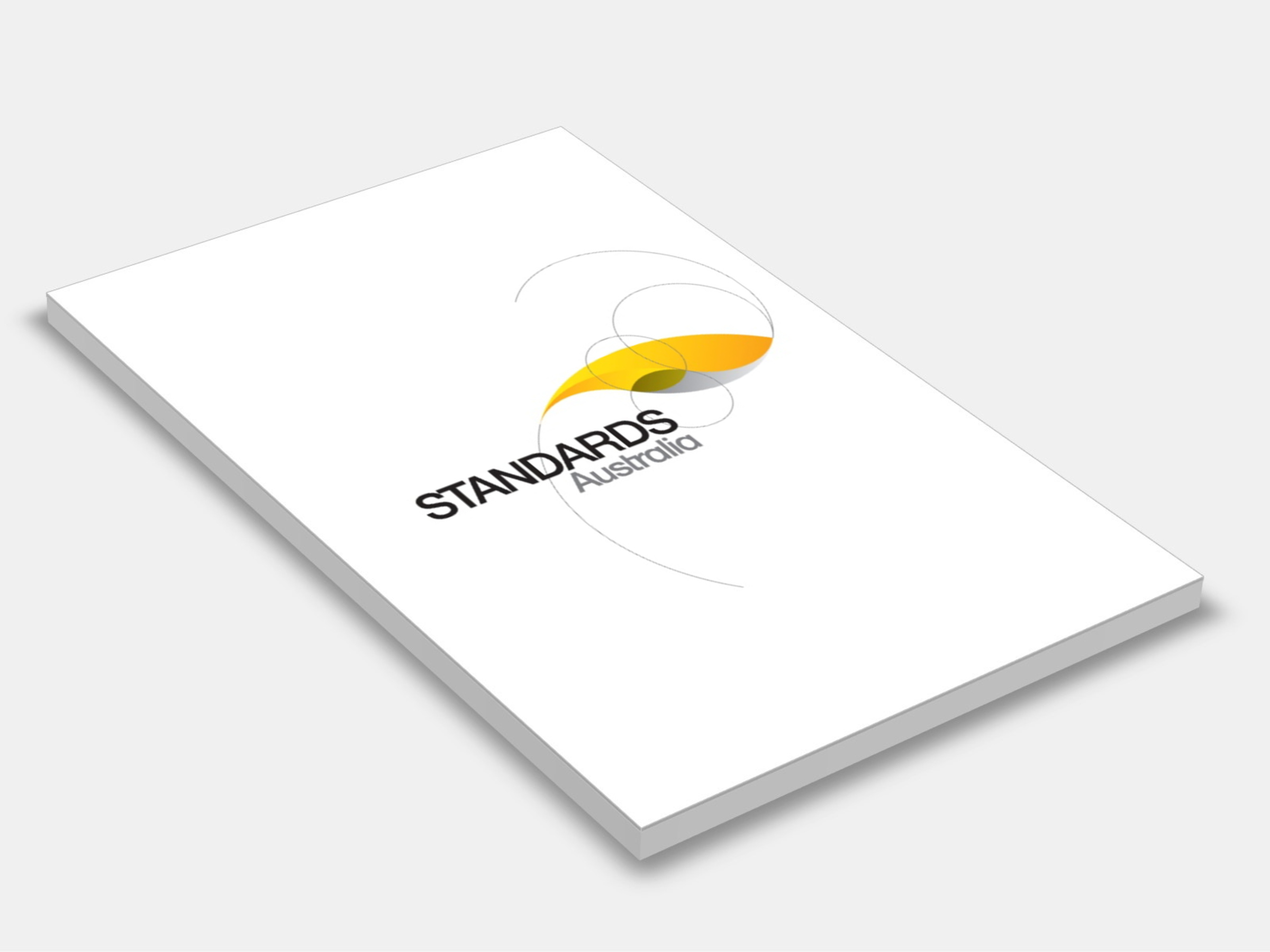
Type
Publisher
Standards Australia
Publisher
Standards Australia
Version:
Second Edition 2024.
(Current)
Short Description
AS ISO 717.2:2024 identically adopts ISO 717 2:2020, which provides a method whereby the frequency dependent values of impact sound insulation of building elements and in buildings (from both laboratory and field measurements) can be converted into a single number to characterize the acoustical performance
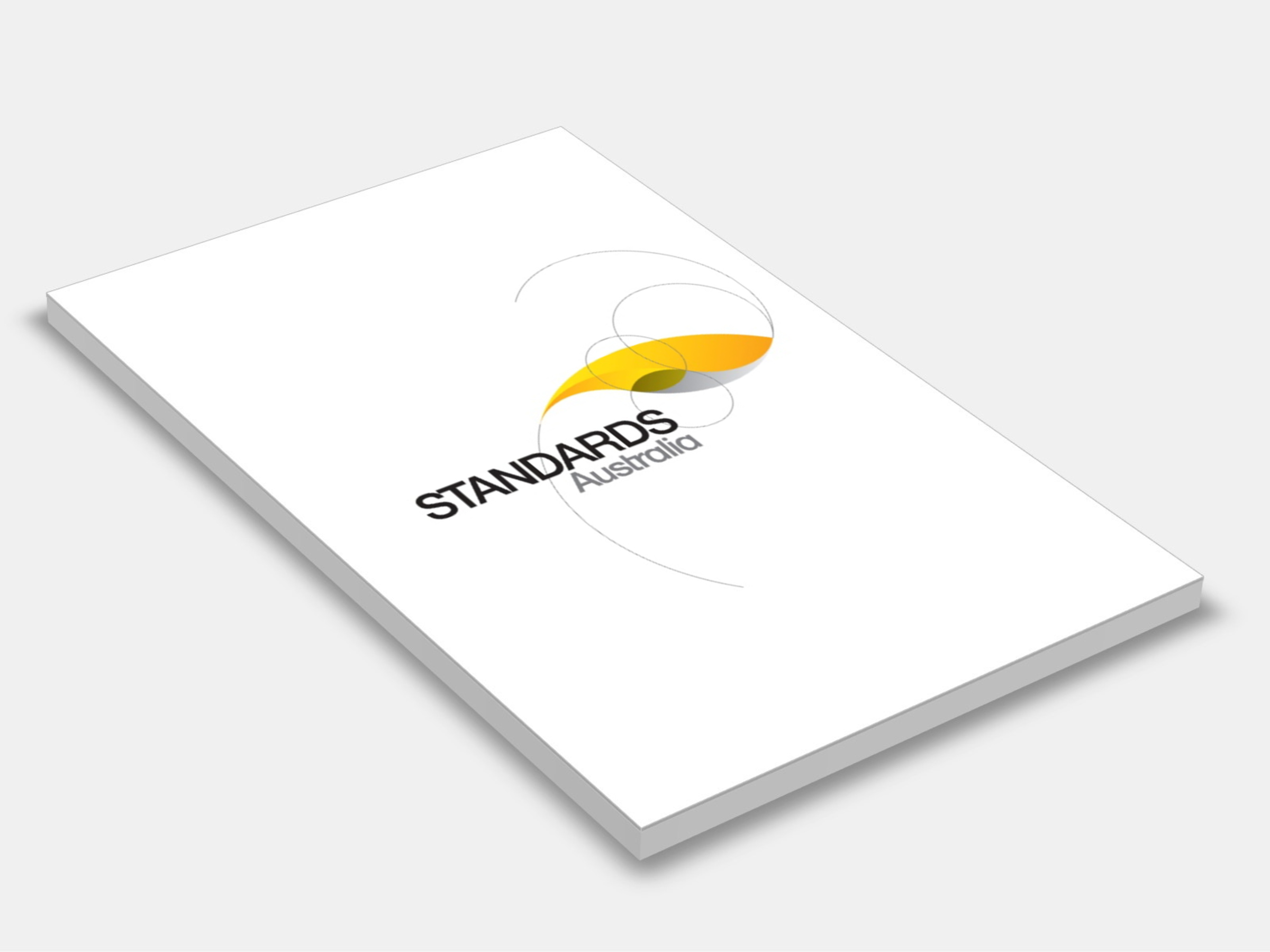
Type
Publisher
Standards Australia
Publisher
Standards Australia
Version:
Second Edition 2024.
(Current)
Short Description
AS ISO 717.1:2024 identically adopts ISO 717 1:2020, which provides a method whereby the frequency dependent values of airborne sound insulation of building elements and in buildings (from both laboratory and field measurements) can be converted into a single number to characterize the acoustical performance
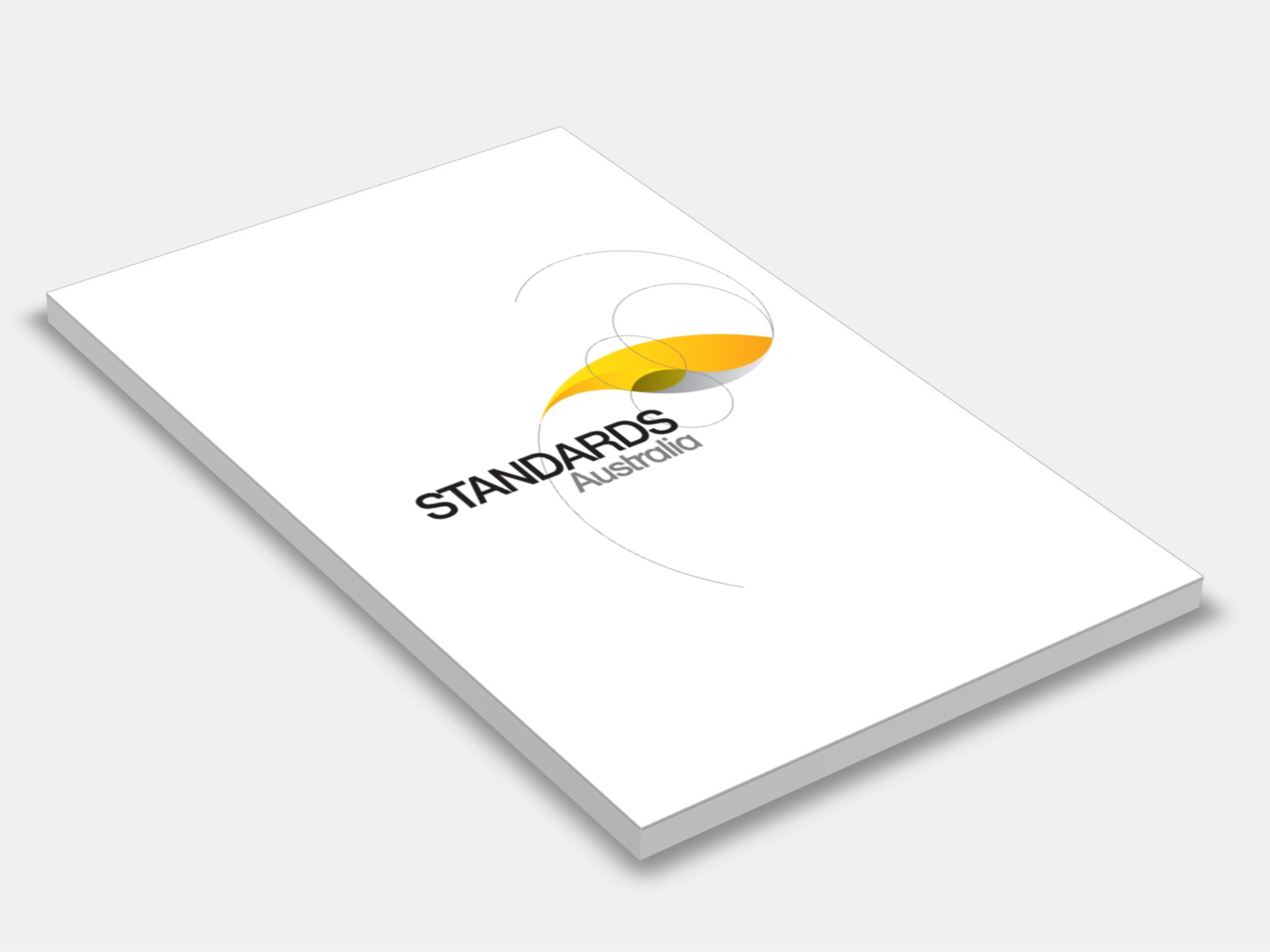
Type
Publisher
Standards Australia/Standards New Zealand
Publisher
Standards Australia/Standards New Zealand
Version:
Second Edition 2014.
(Pending Revision)
Short Description
Specifies requirements for the design, construction and installation of electrical systems in boats that have a length of up to 50 m, and are designed for use on inland waters or at sea.
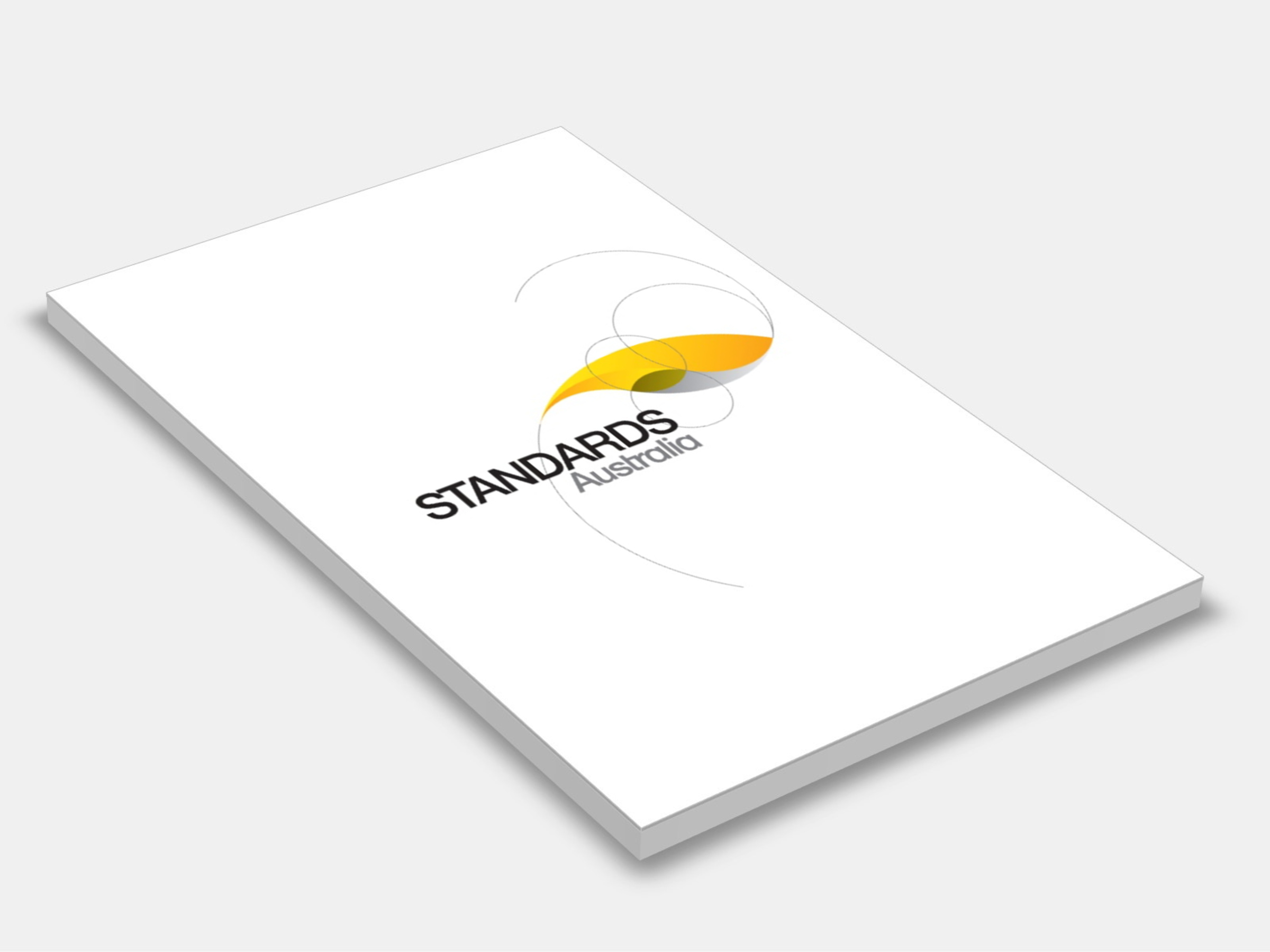
Type
Publisher
Standards Australia/Standards New Zealand
Publisher
Standards Australia/Standards New Zealand
Version:
Second Edition 2014.
(Pending Revision)
Short Description
Sets out requirements for electrical installations associated with marinas supplied at low-voltage a.c. supply systems (i.e. exceeding 50 V a.c. but not exceeding 1000 V a.c.
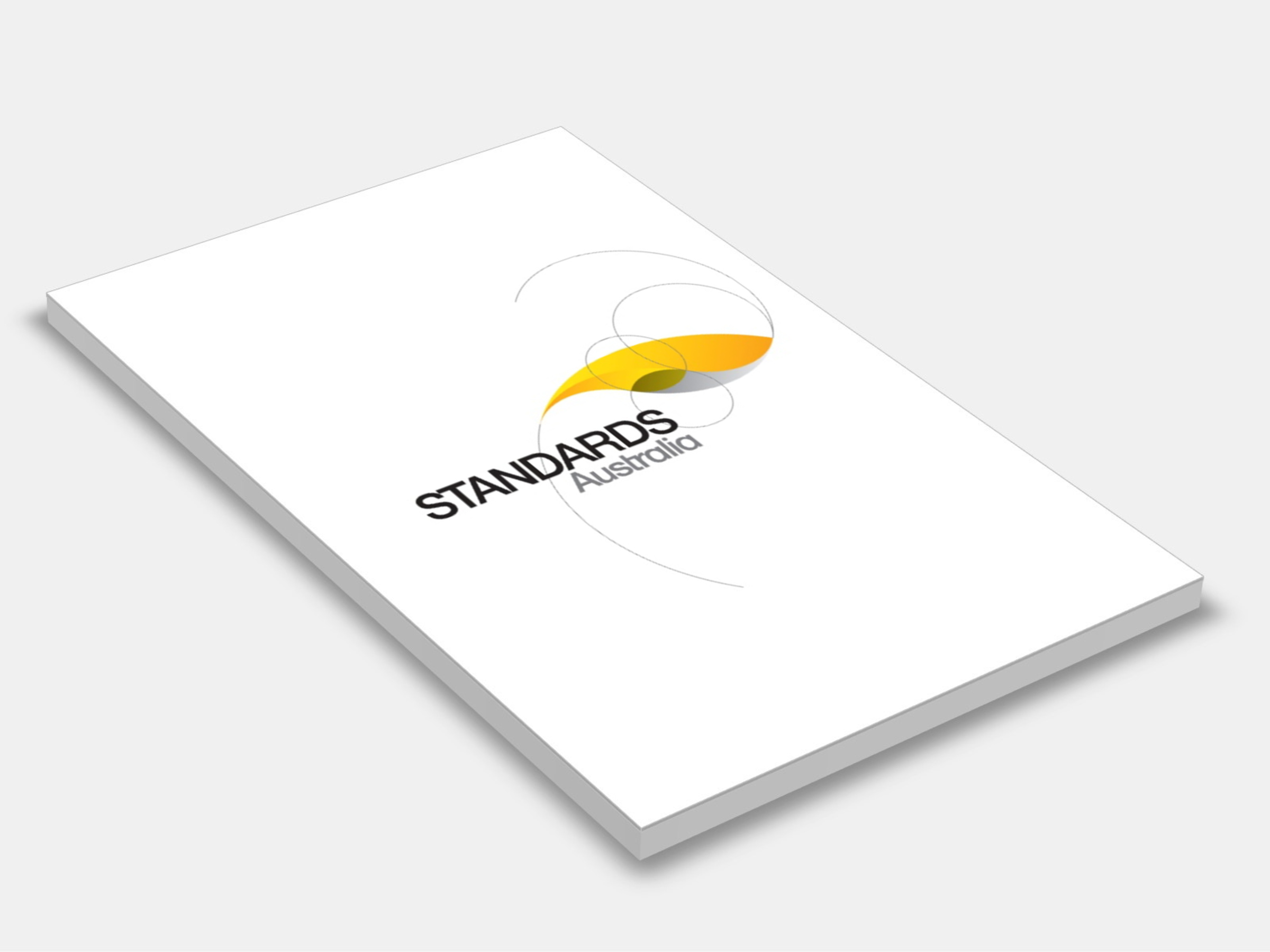
Type
Publisher
Standards Australia/Standards New Zealand
Publisher
Standards Australia/Standards New Zealand
Version:
Third Edition 2017.
(Pending Revision)
Short Description
Sets out a method for cable selection for those types of electrical cables and methods of installation that are in common use at working voltages up to and including 0.6/1 kV at 50 Hz a.c.
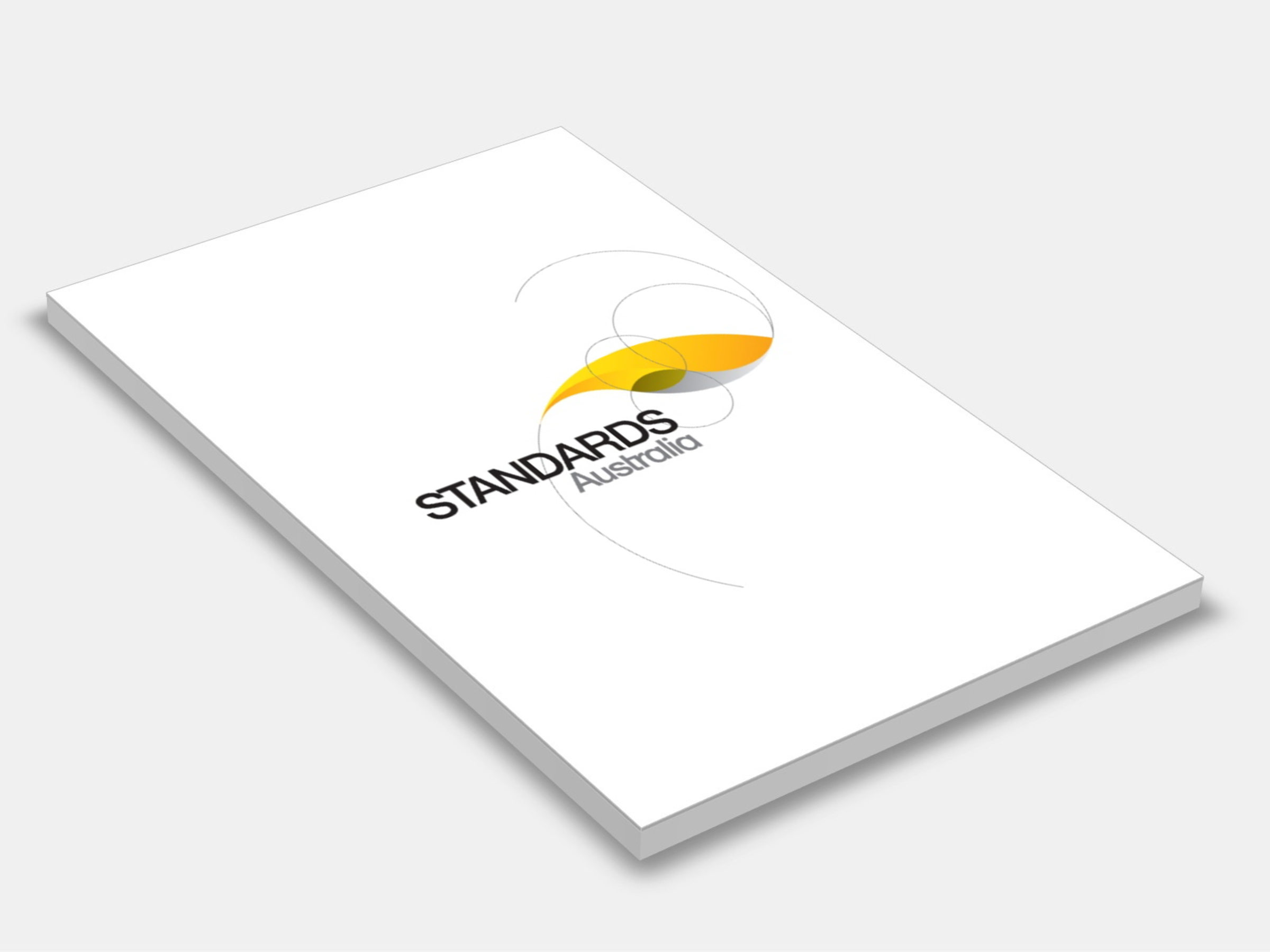
Type
Publisher
Standards Australia/Standards New Zealand
Publisher
Standards Australia/Standards New Zealand
Version:
First Edition 2018.
(Pending Revision)
Short Description
Specifies requirements for the design and installation of emergency lighting and illuminated emergency exit signage systems for buildings. Central battery, single point and self-contained systems are included.
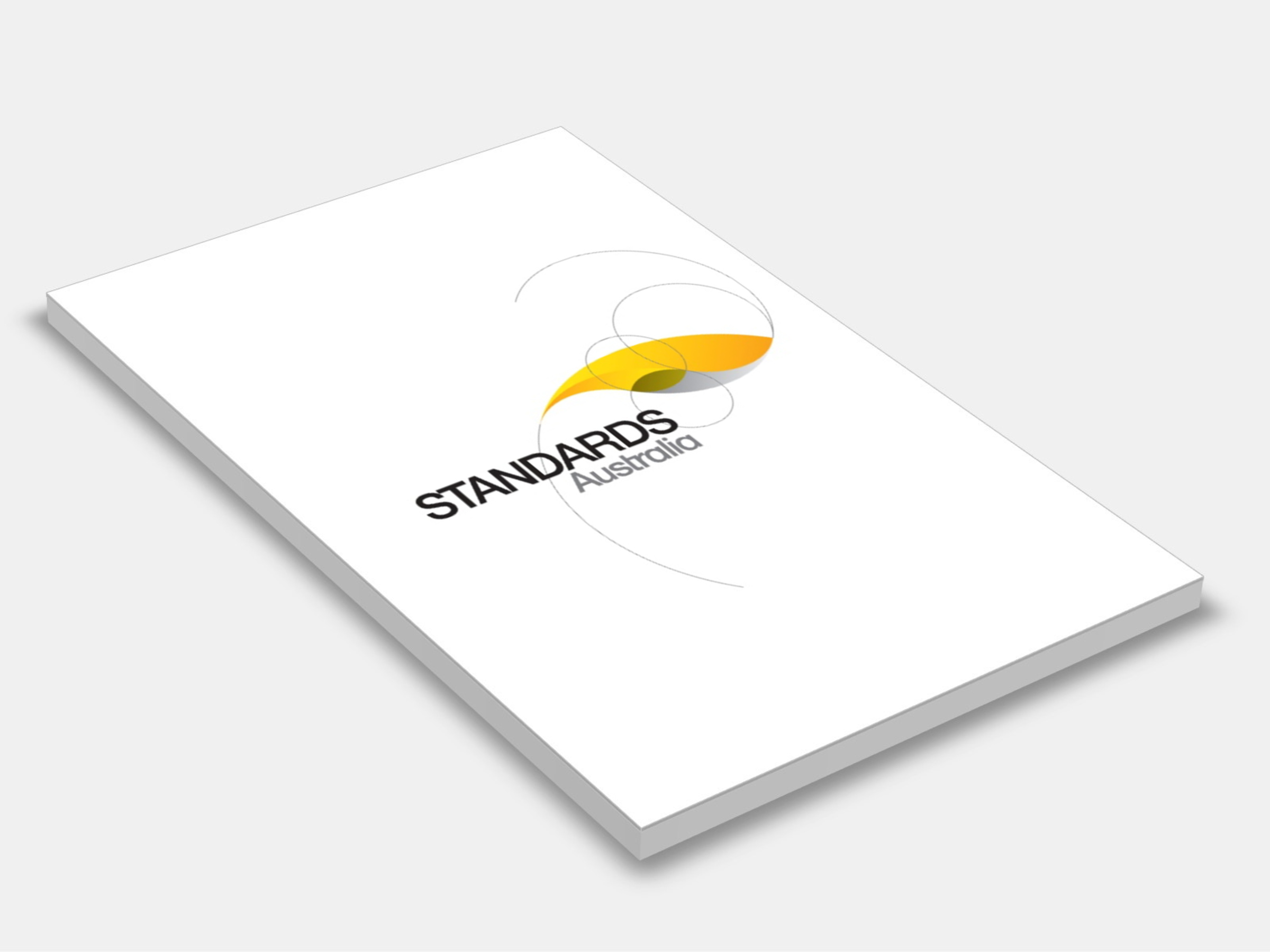
Type
Publisher
Standards Australia/Standards New Zealand
Publisher
Standards Australia/Standards New Zealand
Version:
Third Edition 2018.
(Current)
Short Description
AS NZS 3000 2018 (known as the Australian/New Zealand Wiring Rules) specifies requirements for the design, construction and verification of electrical installations, including the selection and installation of electrical equipment forming part of such electrical installations; part 1 provides provisions that constitute the minimum regulatory requirements for a safe electrical installation; part 2 provides work methods and installation practices that are ‘deemed to comply’ with the requirements of Part 1.